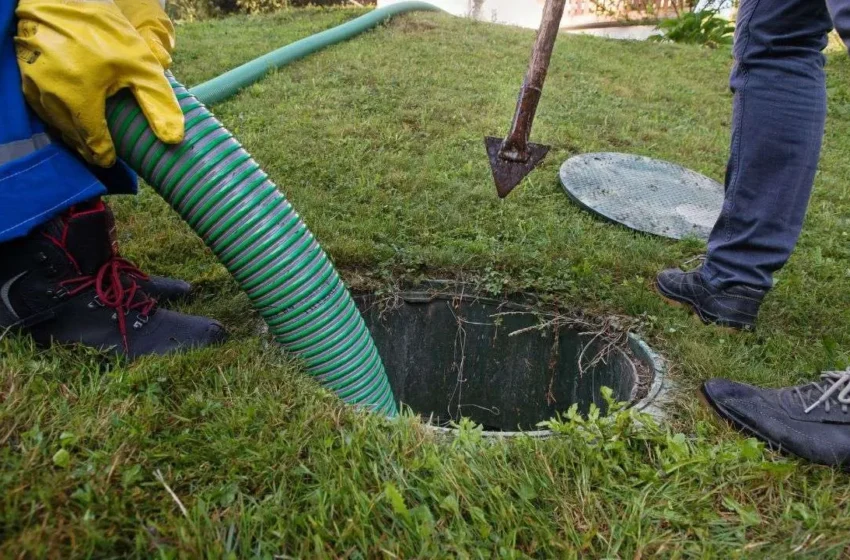
Understanding the Cost of Septic Tank Pumping: Budgeting Tips
Maintaining a septic system is a crucial responsibility for homeowners who live in areas not connected to municipal sewage lines. Regular septic tank pumping is a key aspect of this maintenance. However, many homeowners are unsure about the cost involved in septic tank pumping and how to budget for it effectively. In this article, we will explore the factors that affect the cost of septic tank pumping and provide you with valuable budgeting tips to keep your septic system in top shape without breaking the bank.
Understanding the Basics of Septic Tank Pumping
Before delving into the cost aspect, it’s essential to understand what septic tank pumping entails. A septic system consists of a septic tank and a drainfield. The septic tank is responsible for separating solids from liquids and allowing bacteria to break down the waste. Over time, solids accumulate in the tank, necessitating pumping to maintain its functionality.
Factors Influencing the Cost of Septic Tank Pumping
- Tank Size: The size of your septic tank plays a significant role in determining the cost of pumping. Larger tanks require more time and effort to pump, resulting in higher costs.
- Frequency: Regular maintenance is key to extending the life of your septic system. If you neglect pumping for an extended period, it may become more expensive due to the excess buildup of solids.
- Accessibility: The accessibility of your septic tank also affects the cost. If your tank is buried deep or located in a challenging area, it may require specialized equipment or more labor, leading to higher expenses.
- Location: Regional differences can impact the cost of septic tank pumping. Areas with a higher cost of living tend to have higher service fees.
- Septic Company: The choice of a septic service company can significantly influence the cost. Prices can vary from one company to another, so it’s essential to research and obtain multiple quotes.
Budgeting Tips for Septic Tank Pumping
Now that we’ve discussed the factors affecting the cost, let’s look at some budgeting tips to help you manage your septic tank pumping expenses efficiently.
- Regular Maintenance Schedule: The most cost-effective approach is to schedule regular septic tank pumping every 3 to 5 years, depending on your household’s size and usage. This prevents the accumulation of excess solids and reduces the risk of costly repairs.
- Get Multiple Quotes: Don’t settle for the first septic service company you come across. Request quotes from several reputable providers in your area and compare their prices and services.
- Invest in Inspection: Periodic septic system inspections can help identify potential issues early, allowing you to address them before they become expensive problems.
- Conserve Water: Reducing water usage in your household can extend the time between pumping sessions. Fixing leaky faucets, using high-efficiency appliances, and being mindful of water consumption can make a difference.
- Avoid Septic System Abuses: Educate your family about what should and shouldn’t be flushed down the toilet or poured down drains. Avoid flushing non-biodegradable items, chemicals, and excessive grease.
- Plan for Emergencies: Set aside a portion of your home maintenance budget for unexpected septic system repairs or emergencies. Having a financial cushion can help ease the financial burden when problems arise.
- Consider Septic System Insurance: Some insurance providers offer septic system coverage that can help offset repair or replacement costs. Explore this option to see if it makes sense for your situation.
Conclusion
Understanding the cost of septic tank pumping and implementing effective budgeting strategies is crucial for every homeowner with a septic system. By staying proactive, scheduling regular maintenance, and following these budgeting tips, you can ensure that your septic system remains in optimal condition without breaking the bank. Remember that investing in septic system maintenance today can save you from costly repairs in the future, providing peace of mind and a healthy home environment.
